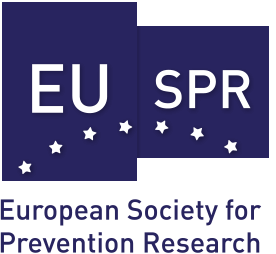Mediation Analysis workshop
Testing Mediating Mechanisms and Moderating Factors in Prevention Work Aim: In recent decades, there have been major advances in the design of studies to evaluate efficacy and effectiveness of preventive interventions. These advancements contributed to the quality of evaluation studies and the confidence in the findings. Most evaluation studies still focus only one of the …
